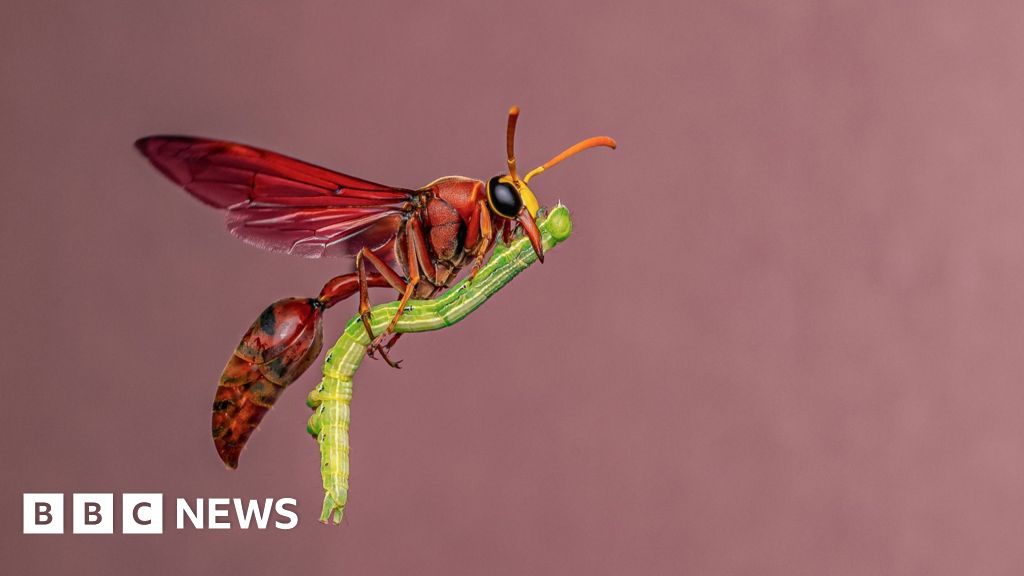The permits allow two whaling vessels to catch 426 whales each year, comprising 209 fin whales and 217 minke whales between June and September. This decision comes despite previous suspensions due to animal welfare violations, prompting outrage from various organizations, including the International Fund for Animal Welfare (IFAW). The outgoing conservative government justified the issuance of these permits as a means to provide "predictability" to the whaling industry while claiming the quotas were determined by expert recommendations.
The permits were issued amidst a backdrop of increasing scrutiny on whaling practices in Iceland, which remains one of just three nations still allowing the hunting of whales for meat and blubber, along with Japan and Norway. Notably, the previous six-month whaling season, which concluded with a total of 24 fin whales harvested against a quota of 209, highlighted the ongoing conflict between traditional practices and modern animal rights standards.
Recent inquiries revealed that the use of explosive harpoons resulted in significant suffering for the whales, raising further alarms among environmentalists. In response, activists, including IFAW's marine conservation director, argue that the decision reflects poorly on a government nearing the end of its term, suggesting the ruling party is acting in favor of a dwindling industry rather than the majority of citizens championing animal rights and climate safety.
The situation has created a landscape of contention in Iceland, which saw a political shift following snap elections that favored the centre-left over the ruling Independence Party. The issuance of these new permits stands in stark contrast to growing advocacy for sustainable practices and whale conservation. With the new government set to take over, it may face mounting pressure to reassess Iceland's whaling policies in light of international expectations and ecological concerns.
The permits were issued amidst a backdrop of increasing scrutiny on whaling practices in Iceland, which remains one of just three nations still allowing the hunting of whales for meat and blubber, along with Japan and Norway. Notably, the previous six-month whaling season, which concluded with a total of 24 fin whales harvested against a quota of 209, highlighted the ongoing conflict between traditional practices and modern animal rights standards.
Recent inquiries revealed that the use of explosive harpoons resulted in significant suffering for the whales, raising further alarms among environmentalists. In response, activists, including IFAW's marine conservation director, argue that the decision reflects poorly on a government nearing the end of its term, suggesting the ruling party is acting in favor of a dwindling industry rather than the majority of citizens championing animal rights and climate safety.
The situation has created a landscape of contention in Iceland, which saw a political shift following snap elections that favored the centre-left over the ruling Independence Party. The issuance of these new permits stands in stark contrast to growing advocacy for sustainable practices and whale conservation. With the new government set to take over, it may face mounting pressure to reassess Iceland's whaling policies in light of international expectations and ecological concerns.





















